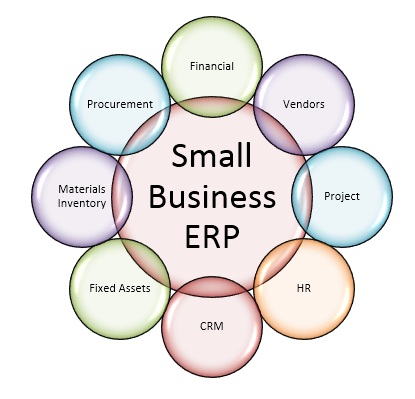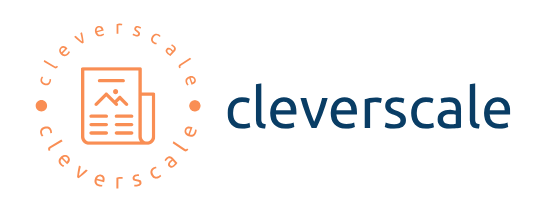Online Entrepreneur: To Be or Not To Be
 Millions of people from all over the world have taken the entrepreneurial challenge and won. Successes have been documented of businesses owned by Asians, Pacific Islanders, Native Americans, and Alaskan natives. Women now own over a third of all businesses.
Millions of people from all over the world have taken the entrepreneurial challenge and won. Successes have been documented of businesses owned by Asians, Pacific Islanders, Native Americans, and Alaskan natives. Women now own over a third of all businesses.
There are two ways to make it in business. One

 Anybody can start a business, but being a small business owner is not for everybody. Each year more than half a million new businesses are created. But the risk of failure is high, with a big number of those closing during the first 12 months and many more not making
Anybody can start a business, but being a small business owner is not for everybody. Each year more than half a million new businesses are created. But the risk of failure is high, with a big number of those closing during the first 12 months and many more not making  Did you know that the word entrepreneur comes from a French word “entreprendre” which means “to undertake? If you want to get more analytical and you speak French, you might think it comes from combining two verbs “entre” and “prendre.” “Entrer” means “to enter” and “prendre” means “to take” so
Did you know that the word entrepreneur comes from a French word “entreprendre” which means “to undertake? If you want to get more analytical and you speak French, you might think it comes from combining two verbs “entre” and “prendre.” “Entrer” means “to enter” and “prendre” means “to take” so  Have you been bitten by the entrepreneurial bug? Are you an 8-to-5 employee bored to death at work wishing you could do something more in your life? If you’ve already got a rough sketch of your business plan but still undecided if you will push through, here are some signs
Have you been bitten by the entrepreneurial bug? Are you an 8-to-5 employee bored to death at work wishing you could do something more in your life? If you’ve already got a rough sketch of your business plan but still undecided if you will push through, here are some signs  One of the biggest mistakes that aspiring business owners make is overlooking the importance of digging deep into what their true motivations are for starting a business and if their life is truly ready for this change. They get so busy in trying to figure out the logistics involved in
One of the biggest mistakes that aspiring business owners make is overlooking the importance of digging deep into what their true motivations are for starting a business and if their life is truly ready for this change. They get so busy in trying to figure out the logistics involved in